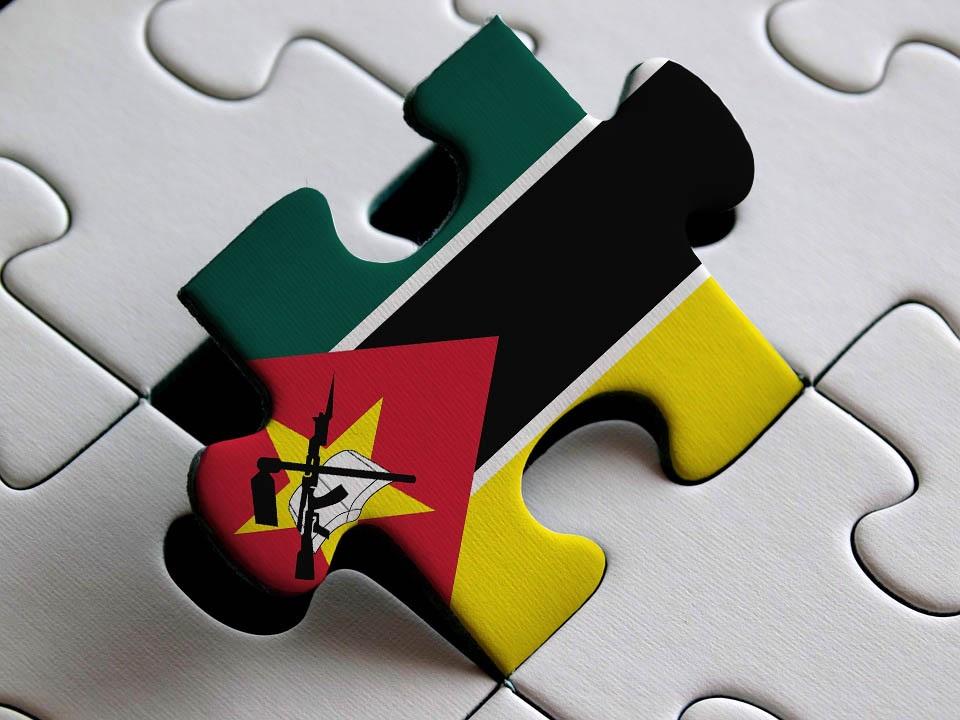Africa-Press – Mozambique. Mozambican Defence Minister Jaime Neto on Friday told reporters that security has been restored in the central provinces following the death, on 11 October, of Mariano Nhongo, the leader of the self-styled “Renamo Military Junta”.
Speaking to the press after a Maputo ceremony at which new military attaches from Spain, Germany and France were accredited, Neto declared “after the work done by the defence and security forces, and with the neutralization of Mariano Nhongo, the security situation in the central region is tending to return to calm”.
He added that, despite Nhongo’s death, the defence forces are continuing their operations in order to eliminate any remaining threat against public security. “We believe the situation is calming down, but the defence and security forces remain on the alert”, said the Minister. “They are on the ground seeing whether there is any threat of members of the Renamo Military Junta regrouping”.
He urged all Mozambicans to reconcile and take part in the development of the country. “Those who have been creating situations of instability should reconcile with the entire Mozambican people”, he said. “The agenda of the government and of the President is an agenda of development, in which all Mozambicans are called upon to participate”.
Any Mozambican who was thinking of joining movements of destabilization such as the Military Junta should give up the idea, Neto warned. “We are all members of this family”, he said, “and there is no room for any misunderstanding between us. We have the necessary conditions for the country to move forward”.
Nhongo broke with the mainstream of Renamo in early 2019, and denounced Ossufo Momade, the leader elected at a Renamo congress in January of that year, as “a traitor”. He rejected the peace agreement that President Filipe Nyusi and Momade had signed in August 2019, and demanded that the government negotiate with him instead.
Throughout 2020 the Junta staged deadly ambushes on the main roads in Manica and Sofala provinces, but this year there have only been a couple of attacks. Nhongo’s men were drifting away, accepting the demobilisation offer from the government. When he died on 11 October, Nhongo was virtually alone.
During the accreditation ceremony, Neto called for greater coordination and cooperation in order to eradicate terrorism. He urged the new defence attaches to play a more assertive role in the fight against terrorism in the northern province of Cabo Delgado and other threats to security. These included, among others, cybercrime and drug trafficking.
Since independence in 1975, he said, the government had followed a development agenda “but this noble goal of our governance has been delayed by the recurrent armed conflicts that have plagued the country”.
The new attaches were taking up their posts, he added, at a time when Mozambique, and its allies from Rwanda and the SADC (Southern African Development Community) region, were enjoying “positive results” in the fight against terrorism.
This added to the responsibilities of the defence attaches, said Neto, “since we expect from you actions which directly or indirectly strengthen and consolidate the gains we have been making in Cabo Delgado”.
He said that the military cooperation between Mozambique and Germany, France and Spain should serve as an example in the strengthening of brotherhood, friendship and bilateral cooperation.
For their part, the three new attaches promised to work to strengthen the relations between their countries and Mozambique. “Our experience will be useful in strengthening ties of cooperation and fighting against terrorism, maritime insecurity and other phenomena that threaten the stability of Mozambique”, said the French attache, Capt Arnaud de Muriet.
For More News And Analysis About Mozambique Follow Africa-Press






